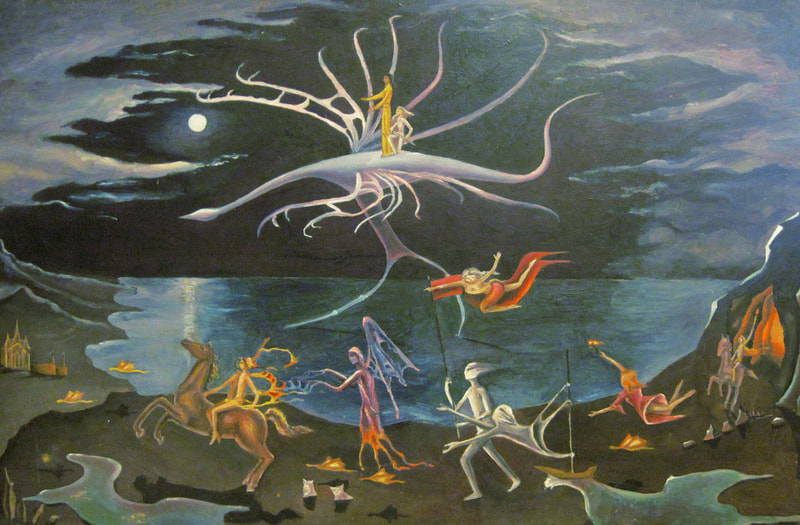Since I do a lot of research on religion, I admit that I tend to accept new research easier if it conforms to my previous conclusions (confirmation bias) and tend to dismiss the ones that don’t (cognitive dissonance) but I am aware of these tendencies and try to be as careful and honest as I can before I use any of it in my blog material and website. I do painfully try, as best as I can, to verify that the sources I use, are generally regarded by the majority of the scientific community as reliable. There is so much pseudo science around, believed by the uninformed masses, that it is frightening.
Now I like to go out on a limb and see what reaction I will get for the following. I would like to get intelligent, well thought out responses, If you have nothing to say but insults and condemnation, restrain yourself please, believe me, I have heard it all.
I was listening to a Psychiatrist on the radio speaking about “Delusional Disorder” It was very interesting so I decided to do some digging. When reading the “Sign and symptoms”, I was struck by the similarity of these characteristics of the fundamentalist religious debaters, whether Christians or Muslims reacting to some of my blogs.
The following can indicate a delusion:
- The patient expresses an idea or belief with unusual persistence or force.
- That idea appears to have an undue influence on the patient's life, and the way of life is often altered to an inexplicable extent.
- Despite his/her profound conviction, there is often a quality of secretiveness or suspicion when the patient is questioned about it.
- The individual tends to be humorless and oversensitive, especially about the belief.
- There is a quality of centrality: no matter how unlikely it is that these strange things are happening to him/her, the patient accepts them relatively unquestioningly.
- An attempt to contradict the belief is likely to arouse an inappropriately strong emotional reaction, often with irritability and hostility.
- The belief is, at the least, unlikely, and out of keeping with the patient's social, cultural, and religious background.
- The patient is emotionally over-invested in the idea and it overwhelms other elements of their psyche.
- The delusion, if acted out, often leads to behaviors which are abnormal and/or out of character, although perhaps understandable in the light of the delusional beliefs.
My question is, could it be possible that the capacity of delusions, which was helpful during evolution, because they helped people to imaging that they could do something about the frightening natural world by believing in a power they could influence by praying to, make offerings to and create other rituals, so they would not despair and feel totally helpless, is still part of our make up?
Since the characteristic of “delusion” is weaker or stronger in each individual we vary from none, to moderate, to strong, and excessive in our religious beliefs. In that case we must overcome this instinctive tendency, as we do with other primitive animal instincts, with education and true information.
Now I will wait for the sky to fall! Please remember, This is a QUESTION not a CONCLUSION.


 RSS Feed
RSS Feed